News
-
 Physics
PhysicsCan room-temperature superconductors work without extreme pressure?
The next generation of materials that conduct electricity with no resistance could shrug off the need for high pressure and low temperatures.
-
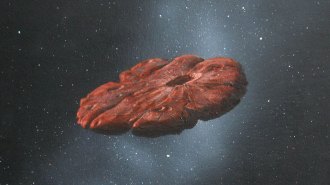 Space
Space‘Oumuamua may be a chip knocked off an icy, Pluto-like exoplanet
If the first interstellar visitor were a shard of nitrogen ice, it would explain some of its unusual behavior when it passed through our solar system.
-
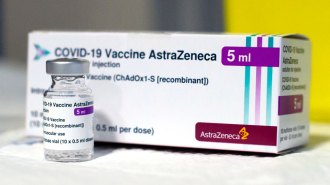 Health & Medicine
Health & MedicineAstraZeneca’s COVID-19 vaccine isn’t tied to blood clots, experts say
Multiple countries suspended use of AstraZeneca’s COVID-19 vaccine because of concerns about blood clots, but health authorities say the shot is safe.
-
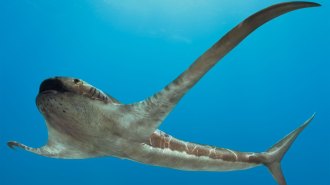 Paleontology
PaleontologyAn ancient shark’s weird fins helped it glide like a manta ray
Nicknamed eagle shark, the newly discovered ancient creature achieved underwater flight 30 million years before the first rays.
-
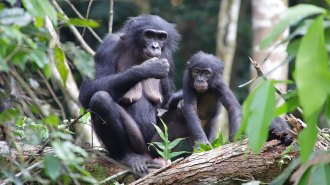 Animals
AnimalsTwo bonobos adopted infants outside their group, marking a first for great apes
Female bonobos in a reserve in the Congo took care of orphaned infants — feeding, carrying and cuddling them — for at least one year.
-
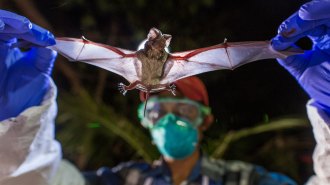 Health & Medicine
Health & MedicineWe still don’t know for sure where the coronavirus came from. Here’s why
A year into the pandemic, we know the virus probably came from bats, but how and why it leaped to humans are still unknown.
-
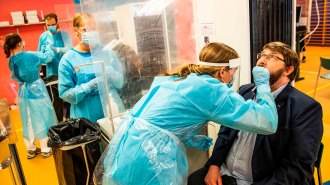 Health & Medicine
Health & MedicineCoronavirus reinfections appear rare, especially in people younger than 65
Previous infections provide 80 percent protection in younger people and 47 percent in those over 65. Vaccines might help boost immunity further.
-
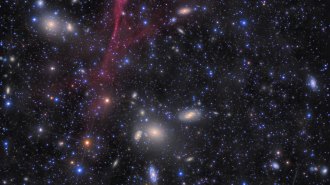 Astronomy
AstronomyA gargantuan supernova remnant looks 40 times as big as the full moon
New observations confirm that a cloud in the constellation Antlia really is a supernova remnant and the largest ever seen from Earth.
By Ken Croswell -
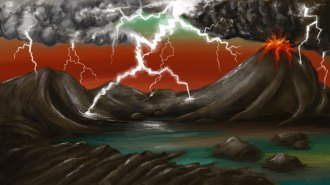 Earth
EarthPhosphorus for Earth’s earliest life may have been forged by lightning
Lightning strikes can supply one of life’s essential elements, long thought to be delivered by meteorites billions of years ago.
-
 Space
SpaceMost of Mars’ missing water may lurk in its crust
Computer simulations of the fate of Mars’ water may explain why the Red Planet turned into a desert, when so little of its water has escaped into space.
-
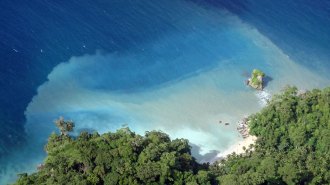 Health & Medicine
Health & MedicineA deadly fungus behind hospital outbreaks was found in nature for the first time
Learning where the fungus Candida auris thrives in nature could help reveal why this yeast is dangerous to humans.
-
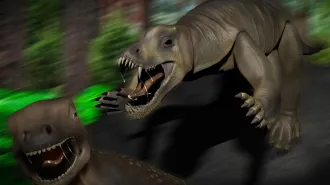 Paleontology
PaleontologyAn ancient hippo-sized reptile may have been surprisingly agile
The skull of an Anteosaurus, a hefty reptile with a large snout, hints that it may have moved fast for its day.